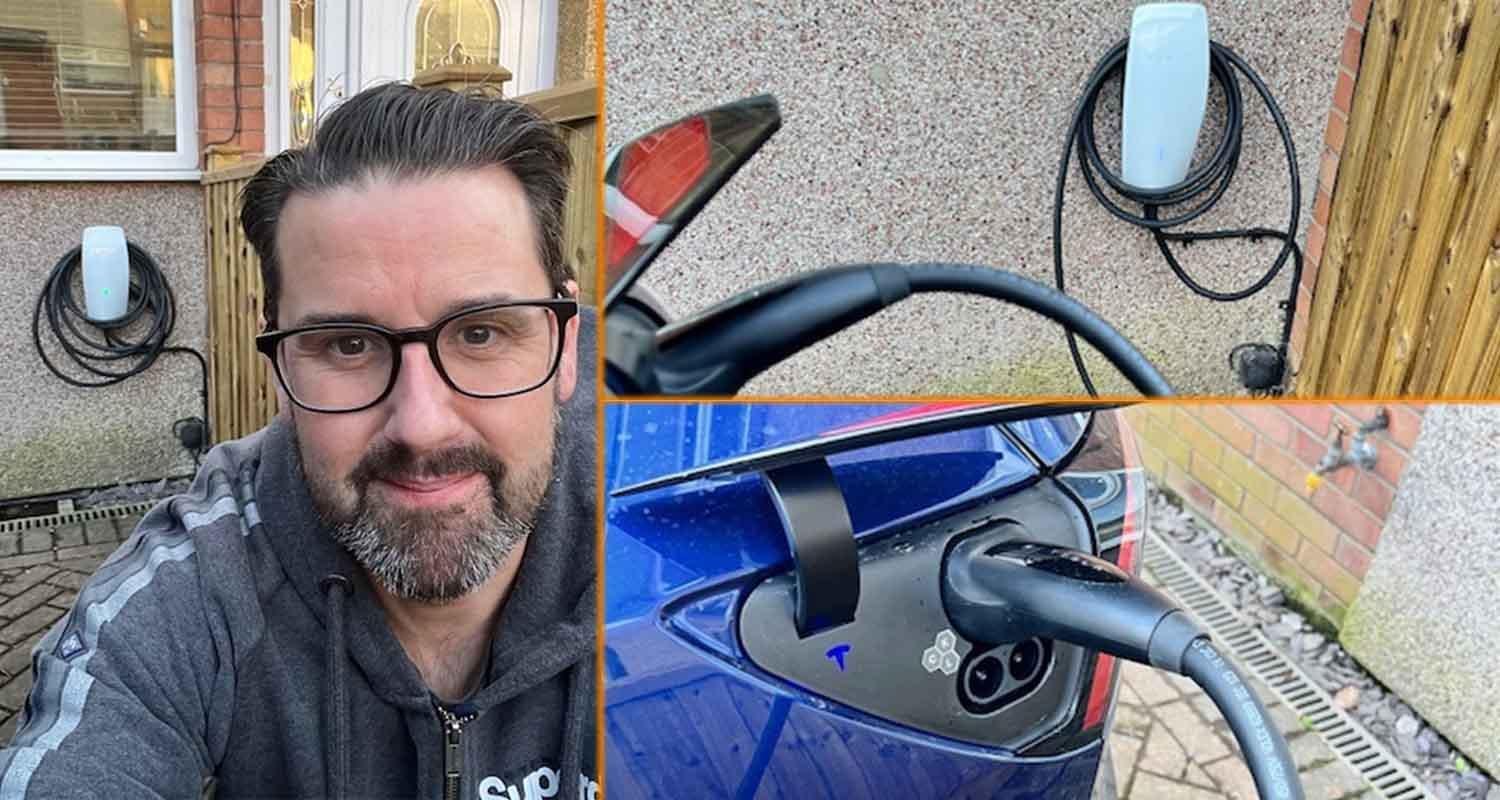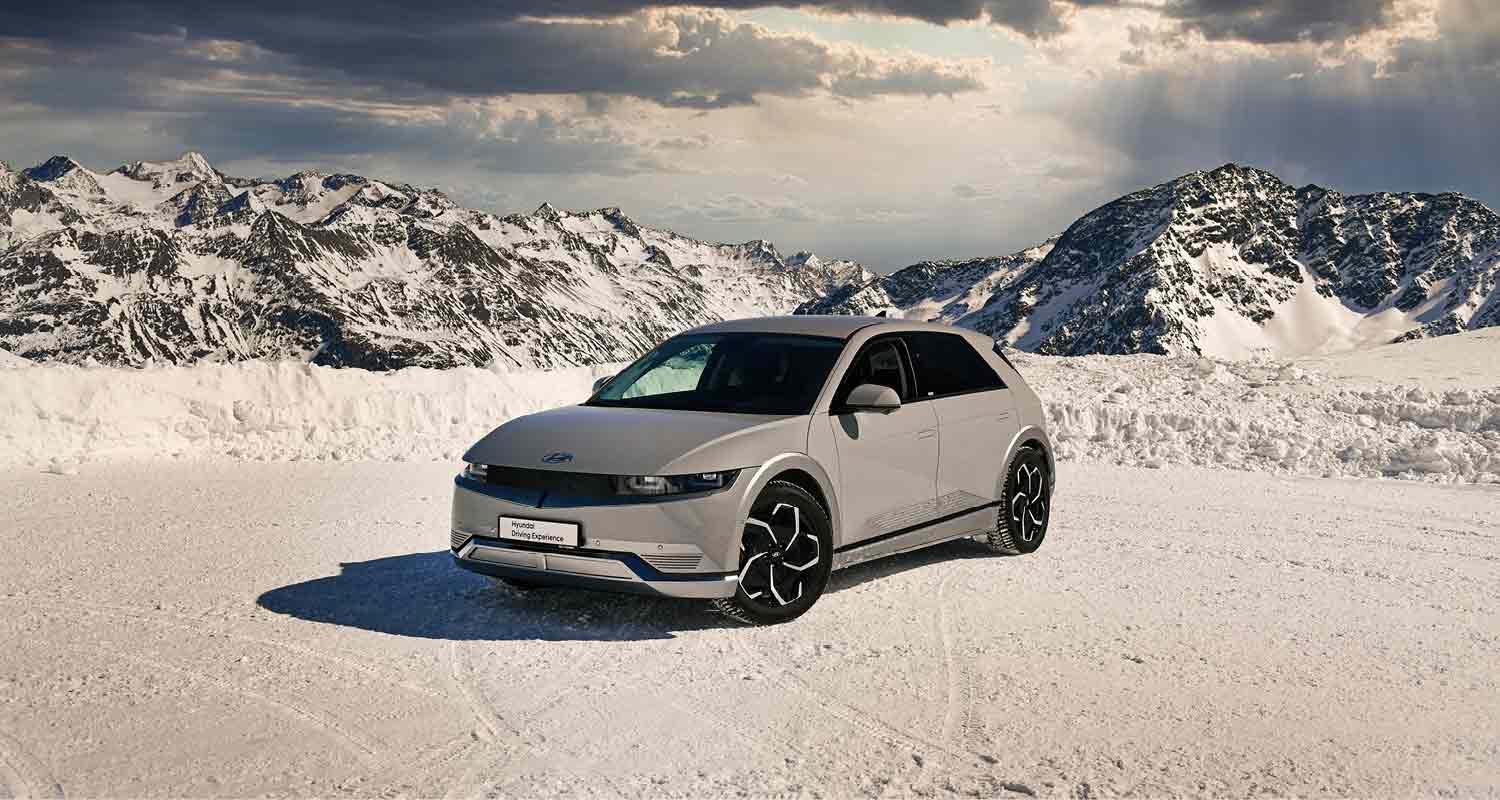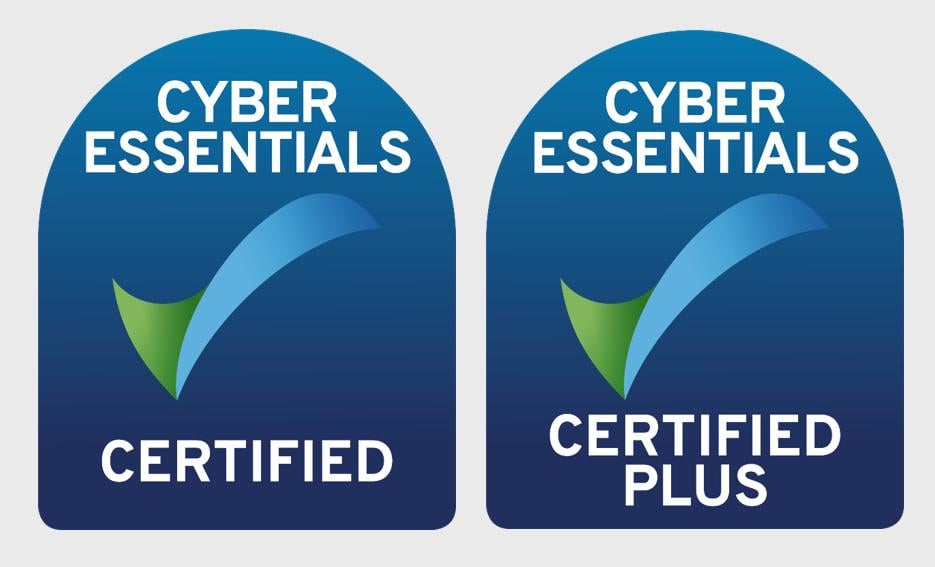Reasons why an EV is a great company car
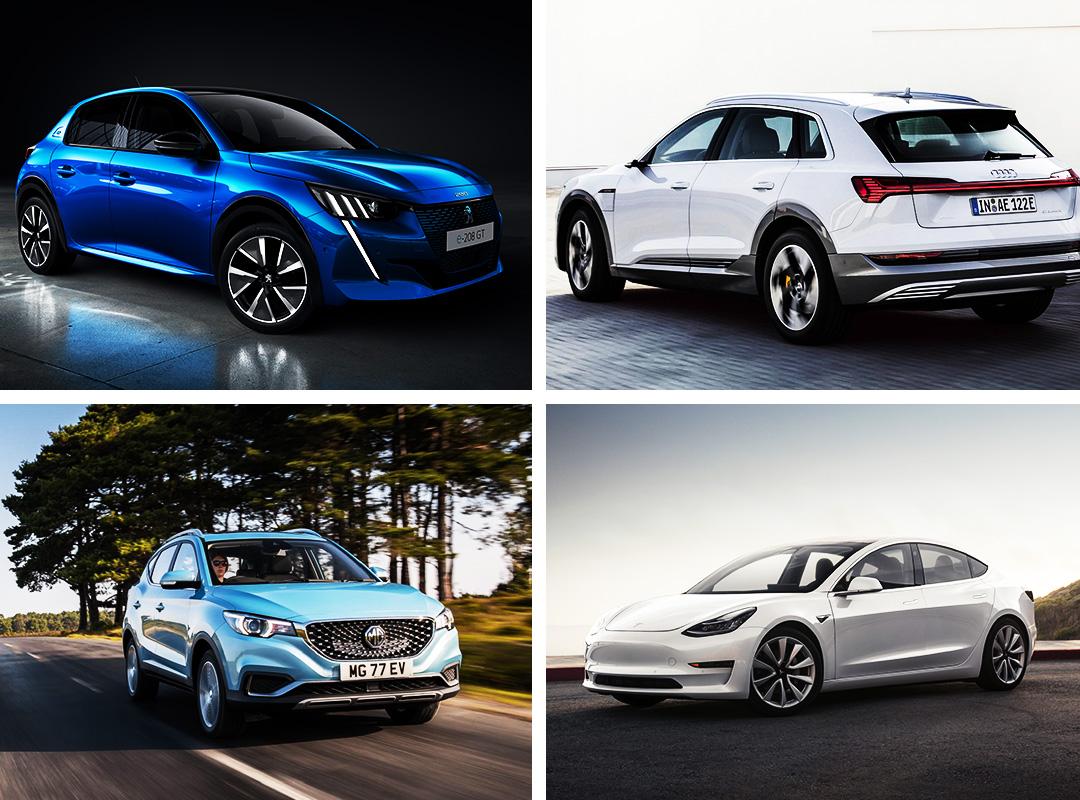
While the benefit-in-kind rate for electric company cars has increased recently, the company car tax is still far lower for a pure electric car that is for a petrol or diesel car.
However, there is a lot more to switching to electric company cars than simply saving money.
Having a company car driver turn up to a meeting in a pure electric vehicle demonstrates that your company cares about the environment and the future of the earth.
With no engine noise, they're a comfortable ride for company car drivers, meaning they'll travel to see clients not only with cost savings to their credit, but fresh-faced and ready to represent your company well!
You can watch our video or, if you fancy a read, then scroll down for the full article.
The company car tax is going down
The benefit-in-kind tax rate for electric vehicles and other low-emission vehicles such as plug-in hybrid cars are due to decrease from April 2020. In fact, the BIK rate for fully electric cars will be 0% (yes, ZERO) from April 2020.
This means zero-emission vehicles, such as EVs, will be an extremely attractive prospect for companies wishing to offer a company car scheme to their employees. A zero percent BIK rate represents a huge saving over some of the benefit-in-kind rates for petrol and diesel vehicles which can run as high as 27%.
In fact, car leasing companies are already experiencing an uplift in enquiries for electric vehicles from companies wishing to take advantage of the new lower rates.
Electric cars cost less to run
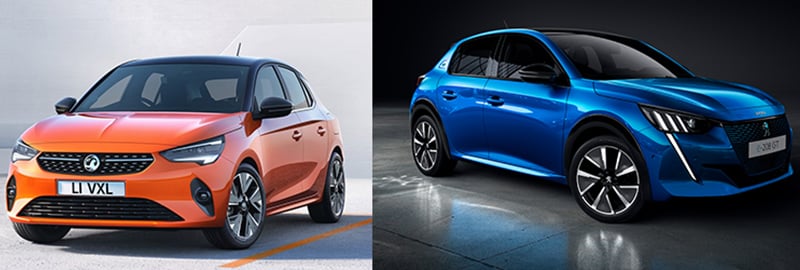
One of the biggest costs for company cars, even those for personal use, are the running costs.
While the employer will not incur the costs for private use, it will still pay costs for business use – plus, any use whether it is personal or business will add to wear and tear which will eventually leads to replacement parts and higher servicing costs.
The running costs for fully electric cars are much lower.
Think about it this way – a petrol or diesel car has around 1,000 moving parts while an electric car only has about 200.
Fewer parts means fewer things to malfunction or break, which means lower repair costs, even if you have an unlimited mileage warranty.
Charging an electric car is also much cheaper than fuelling a car with petrol or diesel car for business use.
In fact, it's possible to fully charge a Tesla Model 3 Standard Range Plus (which has around a 250-mile range) for just a few pounds if you're using the right energy tariff at home.
This makes it an attractive proposition for company car drivers.
Even if you have to charge a lot using public chargers, it is still cheaper.
For example, charging a Tesla Model 3 Long Range (which has a range of 348 miles) would only cost £26.25 to “fill up” based on an expensive 35p/kWh public charger.
There are cheaper or free public charger options, while charging at home or work will reduce the cost dramatically.
Manufacturers are also setting up a dedicated electric range to benefit from vehicle tax regulations.
Want to know more about public charging?
Learn more about the different types of public charge points and how to use them in our guide to public charging
Petrol or diesel car costs will continue to go up
While electric car costs continue to go down, the running costs of an internal combustion engine car will only go up.
List prices and lease prices may be attractive, but this is likely because manufacturers want to get rid of stock and technology they know will become increasingly expensive to run.
This is because:
- Servicing costs for internal combustion engine cars remain high
- Fuel costs remain high and are likely to increase as fuel duty increases and world oil supplies decrease
- BIK rate taxes will continue to increase on all cars except the lowest-emissions vehicles
- Other taxes may apply to petrol and diesel cars in order to encourage people to move to low-emission vehicles
- Only low-emission of zero-emissions vehicles will avoid charges (such as London’s ULEZ charge) in urban areas. See below.
Ultra-Low Emission Zone charges will become more common
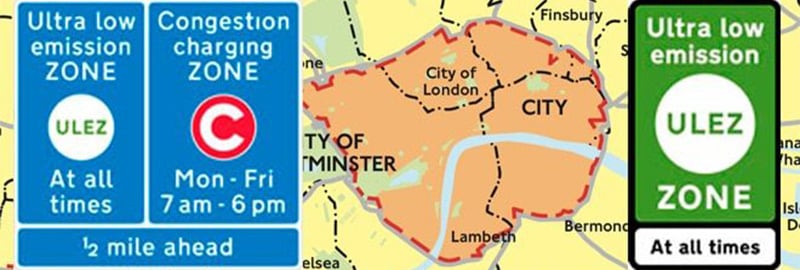
ULEZ, or Ultra Low Emission Zones, are zones in urban areas that apply extra charges to all vehicles except those with zero or ultra-low CO2 emissions.
It means most diesel car and van owners will need to pay a £12.50 daily charge to drive into central London.
Other towns and cities are already looking to implement similar schemes in order to improve air quality.
For example, Bristol introduced a clean air zone in November 2022, which charges drivers of certain vehicles for driving through.
London is also expanding its zone in the near future, and electric vehicles will eventually be the only cars allowed into such places.
It's likely more urban areas will look to set up similar schemes, so if you want to avoid your employees incurring charges for entering city or town centres then you will need to shift over to an ultra-low or zero-emission vehicle.
Even the plug in hybrid option will come to an end at some point.
Improve your company environmental credentials
And finally, and possibly the most important reason, changing to an electric car or low-emission vehicle is good for the environment.
This means the global climate but also local air quality – zero or low tailpipe emissions is better for the health of all citizens.
In addition, the fact your business is trying to reduce its carbon footprint and environmental impact can only be a good thing as customers become increasingly knowledgeable and picky when it comes to where they spend their money.
It isn't just customers either. Clients are increasingly anxious to work with other businesses who share the same “green” ambitions as them. Switching your business car or van fleet could make a big difference.
You can also expect the companies to be taxed on their pollution to become a hot topic.
Moving your staff to a pure electric range of cars to choose from is a much simpler prospect for a lot of companies. The cost of going electric is about more than just road tax.
Winning over the drivers
Some of your drivers may be reluctant to make the switch to electric power.
Not everyone is as enthusiastic about joining the electric car line up, preferring a plug in hybrid at best.
However, the best electric cars offer a refined driving experience that can be much better than the ICE cars they are used to.
Vehicles such as the Hyundai Ioniq 5, Tesla Model 3, Jaguar I Pace, Volkswagen ID, Skoda Enyaq IV and Porsche Taycan have been acclaimed for their decent handling, large SUV or estate car practicality and being examples of an easy car to make the switch.
The Skoda Enyaq, Jaguar I Pace, Kia EV6 Volkswagen ID and Hyundai Ioniq 5 come from manufacturers staff will already be aware of, while the Porsche Taycan and Tesla Model 3 are regularly lauded as being among the best electric vehicles on sale today.
Claimed range and the variations within this is a problem, but with a little education – perhaps using our pages? – longer journeys shouldn't be a problem.
If some drivers prefer a more old-school look, the BMW i4 looks very much like the cars they used to drive in the ICE days, but with the benefits of being a lower rate taxpayer.
However, you'll probably find most drivers will have their favourite electric cars already – whether it's a BMW i4 or something more modern-looking, there's an EV to suit them among the cars sold in the UK today.
You may be able to easy some of the worries by introducing workplace charging, helping to keep the charging costs down.
Bonus benefit: fleet management tools
Several charging companies are now offering RFID chips that are charged to a business account directly, rather than forcing staff to fill in expenses form.
This not only saves time, but it allows you to monitor expenditure on the cars registered to the company much easier.


